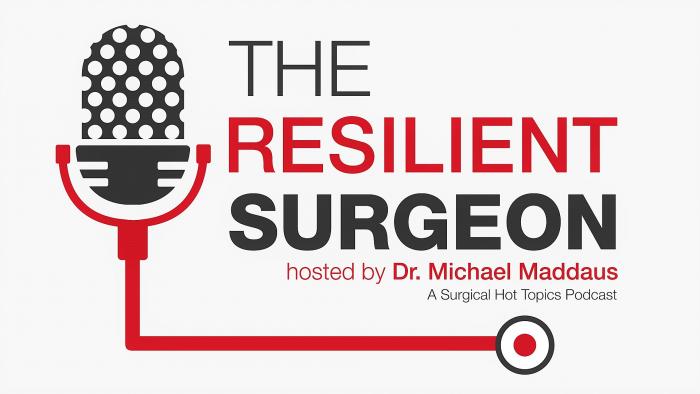On June 3, 2023, in Miami Beach, Florida, cardiothoracic surgeons from around the world convened for the second annual STS Coronary Conference. Distinguished speakers and luminary surgeons painted a modern, ever-changing landscape of coronary surgery with new technologies, such as medical robotics, increasingly integrated into the specialty daily. Attendees experienced game-changing ideas, back-to-the-basics techniques, and ground-breaking science in diagnostic and therapeutic approaches to heart disease.
“The meeting brought together international leaders in the treatment of coronary artery disease and focused on the fundamentals and advanced therapies for coronary artery disease, including medical management, arterial conduits, and minimally invasive surgical revascularization,” said Joseph F. Sabik III, MD, surgeon-in-chief and vice president for surgical operations at University Hospitals Cleveland Medical Center, and a course director of the conference. “The conversations were engaging and the atmosphere was electric.”
Sessions covered a wide range of topics, including heart team patient selection and approaches; conduit selection and harvest; non-invasive and invasive preoperative workups; and postoperative medical therapy.
Here’s a look at a few key presentations:
Two Decades of Coronary Artery Bypass Grafting in Females: Has Anything Changed?
Elizabeth Norton, MD, Emory University School of Medicine, and a team of surgeons representing the division of cardiothoracic surgery and the division of cardiology at the institution, examined trends in females undergoing isolated coronary artery bypass grafting during the past two decades. What they found is that female CABG mortality at their institution was higher than the male cohort and the overall national average and did not improve over time. Females undergoing isolated CABG were increasingly diverse, experienced more preoperative comorbidities, were more likely to undergo urgent CABG, and had greater IMA utilization.
External Stenting for Saphenous Vein Grafts in Coronary Surgery
Saphenous vein grafts have high failure rates with 3% to 12% occluding before hospital discharge, 8% to 25% failing at 1 year, and only 50% to 60% remaining patent after a decade. As a research fellow with the department of cardiothoracic surgery at Weill Cornell Medicine, Giovanni Jr. Soletti, MD, wanted to know - can neointima formation be prevented?
By conducting a study-level meta-analysis of randomized clinical trials and other research methods, Dr. Soletti found that VEST reduces intimal hyperplasia and thickness of SVGs after CABG. This reduction does not translate into fewer graft occlusion events or repeat revascularization compared to non-VEST SVGs at a follow-up of 1.5 years. SVGs harvested with no-touch technique or arterial conduits, when clinically adequate, may be safely used to improve long-term patency. Further long-term data and larger studies are needed.
Intraoperative Extubation After Isolated CABG and Post-Operative Outcomes
There is a well-known association between post-op ventilator time and morbidity in CABG surgery. Les James, MD, a resident cardiothoracic surgeon at NYU Langone Health, explored the impact of routine OR extubation on postoperative outcomes. She studied risk factors and outcomes based on a patient’s age, BMI, EF% STS risk score, STS prolonged vent score, CPB, and XC and concluded that routine OR extubation after isolated CABG is safe and that expanded use of planned OR extubation may be warranted.
All three highlighted abstract presentations were conducted by cardiothoracic fellows. STS encourages residents and fellows to submit original research to an international expert faculty for future presentations.
Review all conference abstracts.
